This is an audio transcript of the FT News Briefing podcast episode: ‘Election denialism is still in style’
[MUSIC PLAYING]
Sonja Hutson
The January 6th attack on the US capitol was unprecedented. It was also the culmination of Donald Trump’s months-long refusal to accept the 2020 election results. And with just a few weeks until voting day this year, Trump and his allies are using the same playbook to cast doubts on the election. This is Swamp Notes, the weekly podcast from the FT News Briefing, where we talk about all of the things happening in the 2024 US presidential election. I’m Sonja Hutson. And this week we’re asking: is the US ready for another contested election? Here with me to discuss is Eva Xiao. She is a data journalist at the FT. Hi, Eva.
Eva Xiao
Hey. Glad to be here.
Sonja Hutson
Glad to have you. We’ve also got Joe Miller. He is the FT’s US legal correspondent. Hi, Joe.
Joe Miller
Hi. Good to be with you.
Sonja Hutson
OK. So before we look ahead to next month’s election, I want to take a look back really quickly first. You know, we all know how Donald Trump’s refusal to accept the 2020 election ended. But Joe, how did it start? What sort of legal challenges did Trump and his team bring forward in the weeks after the election?
Joe Miller
Well, it started in many ways before the 2020 election, when the Trump administration started to sow doubts about the integrity of the process. And soon after the result, Trump and his acolytes filed a flurry of lawsuits across the US and various states over 60 lawsuits alleging a broad sort of smorgasbord of fraud from, you know, disqualified voters being on voter rolls to counting fraud. And we should say that the vast majority of these were ultimately unsuccessful, but they did cause a lot of chaos in those weeks and months after the election. And at the same time, the Trump administration and its co-writers were pressuring election officials around the country to find extra votes. So there was a sort of concerted effort at every layer of federal and state government.
Sonja Hutson
Now, I want to come back to the present to 2024. Eva, you recently wrote in FT Big Read called ‘How Trump Allies are Sowing Election Doubts.’ so what’s the answer? How are they sowing doubts this time around? And how does it compare to what happened in 2020?
Eva Xiao
I think what’s really interesting is that if you just look at lawsuits and legal activity from rightwing organisations, but also, you know, the Republican National Committee, they’ve been a lot more proactive this election cycle. So traditionally, actually, pro-voting groups are the most proactive in filing lawsuits. But in the last two years, rightwing organisations have really caught up. And the concern there is that, you know, a lot of these lawsuits did not pass, a lot of them are dismissed. But the concern is that just filing them, creating conversation around these voter fraud allegations can kind of raise the spectre of this extremely unlikely risk.
Sonja Hutson
Yeah. And I just want to make clear, when we say that, you know, these lawsuits don’t go anywhere or they’re, you know, batted down, that means that the court didn’t actually find any evidence of the fraud that the lawsuit is alleging. Right?
Eva Xiao
Exactly.
Sonja Hutson
Joe, I want to ask you, what do you think it is about the American electoral system that makes it possible for these, you know, oftentimes baseless claims of fraud to spread so far?
Joe Miller
I think at the heart of it, it’s that most Americans, even very well-informed Americans and even people who pay more attention to elections than the average person have very little idea of how the system really works. And that is almost by design. It changes not just state by state, but sometimes county by county. And there are so many layers to this. And the power is devolved all the way down to the local level that it’s very easy for groups with various agendas to cry foul and say, you know, could you believe that, you know, this box landed up over here or that these people involved in counting the votes are, you know, registered Democrats or whatever it is. And, you know, even for someone like myself, or even those trying to look into this for the last few weeks. You can spend weeks and weeks and weeks trying to understand the system and you still feel like you’re learning something new every day. And, you know, I think that in a country that is so divided and where there are lots of, you know, sort of bad faith actors trying to sow doubt and to soak it.
Eva Xiao
Something that was striking in reporting the stories. I think the decentralised aspect of the US election system can also kind of be exploited by, let’s say, you know, media personalities or influencers or what have you, who are kind of spreading voter fraud conspiracies because, you know, there’s thousands of local election officials who actually run the elections. And a typo somewhere. It could just get blown into something really big.
Sonja Hutson
Yeah, that’s something that really strikes me about a lot of these stories where, like you read the initial claim and you’re like, that does seem super fishy. But then if you dig even just a little bit deeper into what’s actually going on, there is a reasonable explanation for these claims.
Eva Xiao
Yeah. Like one of the challenges that we got from like a public records request was, you know, pointing out over 100 people who are registered to a church address, right? And then when you call the church, they say, yeah, you know, we let people mail their stuff or list us as a, you know, physical address to receive things because, you know, some people experiencing homelessness, they need a physical address. Society is complex. And maybe on the surface it looks very suspicious. But when you dig down deeper, it actually just kind of reflects those complexities.
Sonja Hutson
Joe, you recently interviewed Georgia’s secretary of state, Brad Raffensperger. People may know his name when he became a major player in the 2020 election controversy after Trump told him to, quote, find the 11,780 votes that he needed to win the state. Is Raffensperger worried about what might happen in Georgia this time around?
Joe Miller
Well to hear him say it. He claims he’s not worried at all. I suppose that’s his job as secretary of state. He’s in charge of Georgia’s elections. He’s the highest official in charge of Georgia’s elections. And what he’s been doing pretty much for the last four years, he’s been reelected in the interim, I should say, is to go around and to tell Georgians that their elections are safe. Early voting began this week in Georgia, and on this first day on Tuesday, it’s smashed any previous record. I think over 310,000 Georgia voters cast their ballots, which is more than double the 2020 election.
Sonja Hutson
OK. So Raffensperger says that he’s not concerned about the election this year, but I guess, does he have reason to be, I mean, has anything changed in Georgia since 2020 that might make his job more difficult?
Joe Miller
Well, what has changed is that the state election board, which is this kind of strange body which sort of runs the elections, it doesn’t have full authority over it. The authority is split between the secretary of state, between Brad Raffensperger and this election board. And this election board is made up of five members, four of whom are Republicans and three of whom are election deniers. And they have sought to essentially throw as much sand in the engine of the Georgia election process ever since they got their seats on this board. And, you know, they’re so closely co-ordinated with the Trump campaign that Trump has named these three people in his rally in Georgia and praised them as standing up for democracy, et cetera. In many ways, you know, two bodies here with different messages. You have Brad Raffensperger saying, you know, I’m in charge of these elections and I can tell you they’re safe. And you have the state election board out there trying to pass last minute measures and more or less signalling that without those measures, Georgia’s election integrity is imperilled.
Sonja Hutson
I’m also curious, what have election administrators at the state and local level across the country done to prevent a rerun of what we saw happen in 2020?
Eva Xiao
Basically, you know, the last election, there was no one thought that there would be any kind of threat of violence where there would be an attempt to overturn election results. And this time, it’s kind of all anyone can think about. There’s been a lot of work on the security aspect. You know, there are places that put up bulletproof glass.
Sonja Hutson
Wow. That’s really telling about the state of this issue in the country.
Eva Xiao
Yeah. And there’s you know, there’s there have been incidents. I think there’s one in September, actually, where, you know, unknown powdered substances were mailed to election officials. So all of that has driven like this huge effort to beef up security protocols. I think another aspect is just even increasing transparency with voters. So obviously, a lot of these local election officials are getting a ton of questions about various voter fraud conspiracies or, you know, misinformation that they read or hear about online. And so a lot of election officials there kind of tactic. They’ve really tried to kind of open their doors. They’ll do more town halls. There’s kind of been a lot of efforts just around the country.
Sonja Hutson
What about on the federal level? I mean, the catalyst for January 6th was this, you know, counting of the electoral college votes. Can you talk a little bit about what’s been done on the federal level to prevent something like that?
Eva Xiao
There’s something called the Electoral Count Act, which is kind of this old piece of legislation. And it had a lot of loopholes and ambiguities in it. And so in 2022, Congress passed the Electoral Count Reform Act. And the goal was to really clarify a lot of those ambiguities. So, for example, it makes it absolutely clear that the vice-president’s role in the electoral vote counting process is like ministerial. You know, they don’t have authority to disrupt that process.
Sonja Hutson
Which is what then president Donald Trump wanted, then vice-president Mike Pence, to do.
Eva Xiao
Exactly. So a lot of it was just kind of tightening up different gaps that were revealed in 2020.
Sonja Hutson
All right. We’re going to take a quick break, but we’ll be right back.
[MUSIC PLAYING]
[ELON’S SPIES PODCAST TRAILER PLAYING]
Sonja Hutson
So given all that we’ve talked about today, what do you two think is the likelihood that there is a significant issue after this election? I mean, I guess the question that, you know, I think we’ve all been asking since 2020 is will the system hold? What do you think?
Joe Miller
I’m not an election law expert, but the election law experts I have spoken to all seem very confident that ultimately any challenges will fail and that the election will be correctly certified. And that tends to undermine that will all, you know, ultimately meet a bitter end. The question is whether that is significant enough because, you know, just the attempts to sow doubt have been successful enough that, you know, a large proportion of the country still believes that the 2020 election was stolen. And, you know, as Eve has been laying out this time, it’s an even more concerted effort across the country and at local levels to start to inject out into the system. So, you know, will anyone care that the challenges to the election results are thrown out a few months later or a few weeks later or by then, will those people be convinced that it was stolen and we’re sort of back to square one? You know, I think that is the bigger concern than whether these legal challenges themselves will be successful. I think the consensus is that they ultimately will not.
Sonja Hutson
So I guess lastly, I’m just curious if you’re a voter going in to cast your ballot this fall, how should you be thinking about your vote and what happens to it?
Joe Miller
Well, you may be able to tell from my accent that I did not get a vote in this country.
Sonja Hutson
Hypothetical (laughter).
Joe Miller
(Laughter) Yeah, hypothetically. I mean, I think that in some ways I would feel more confident this time around just because of the amount of sunlight that’s been shone on the process. I feel like there are an awful lot more people out there who are cognisant of the risks. So I would feel marginally more confident. I know that would be a spare comfort to people who are queueing up outside polling stations and facing intimidation or things like that. But generally speaking, it seems to me that the amount of activism around this is just supercharged compared to four years ago.
Eva Xiao
You know, I think in our conversation we haven’t really talked about Covid, and that was a big part of the 2020 elections, too, right? Like kind of running elections through the pandemic. And a lot of actually, I would say, good benefits of pandemic era policies. You know, there’s been a huge expansion of mail-in ballots. There’s also been, you know, states that have expanded voting rights or have made it easier to do things like early voting, which is really popular. Right. So you don’t just have to queue up on the day. We spent most of this episode talking kind of about things that are concerning. But I would also just like to point out that there have been changes that will also make this upcoming election hopefully more convenient and safer for people.
Sonja Hutson
All right. Well, I think we have done the impossible, which is to end an episode about election denialism on in a relatively optimistic note. So I want to thank our guests. Eva Xiao. She’s a data journalist at the FT. Thanks, Eva.
Eva Xiao
No worries. Any time.
Sonja Hutson
And Joe Miller, he’s our US legal correspondent. Thanks, Joe.
Joe Miller
Thank you.
Sonja Hutson
This was Swamp Notes, the US politics show from the FT News Briefing. If you want to sign up for the Swamp Notes newsletter, we’ve got a link to that in the show notes. Our show is mixed and produced by Ethan Plotkin. It’s also produced by Lauren Fedor and Marc Filippino. Special thanks, as always to Pierre Nicholson. I’m your host, Sonja Hutson. Our executive producer is Topher Forhecz, and Cheryl Brumley is the FT’s global head of audio. Original music by Hannis Brown. Check back next week for more US political analysis from the Financial Times.




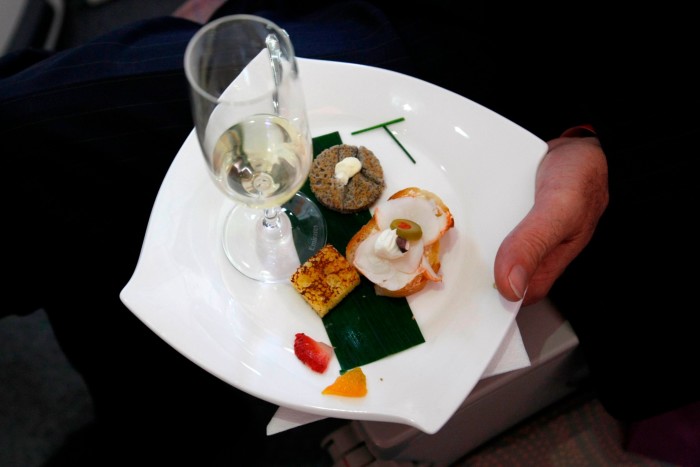
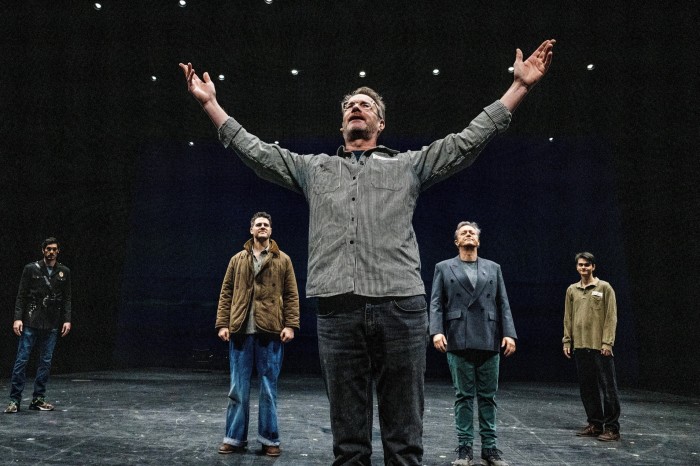



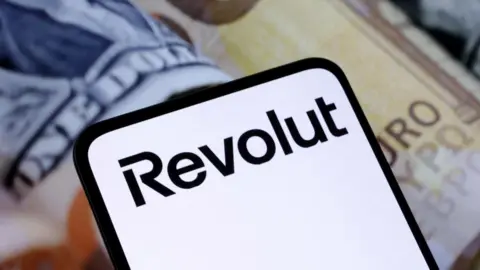
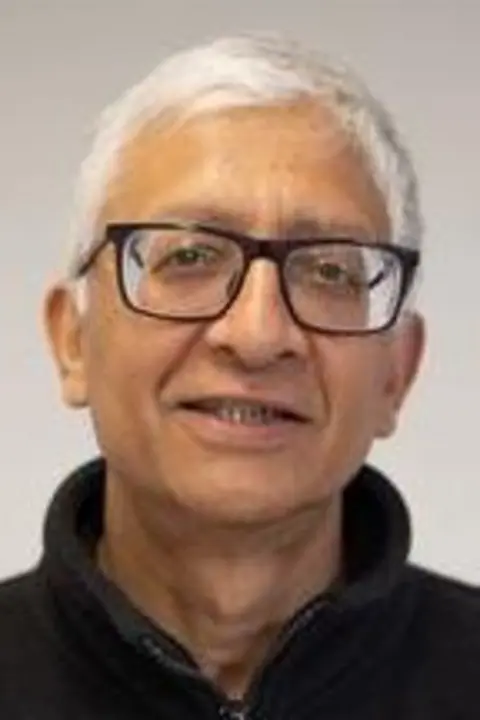
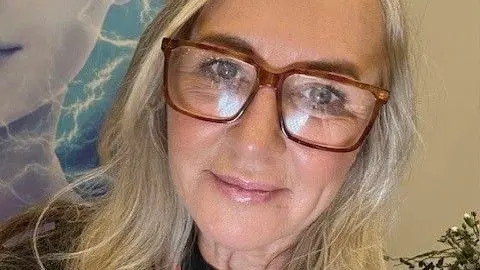

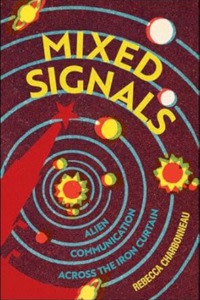













































































































































You must be logged in to post a comment Login